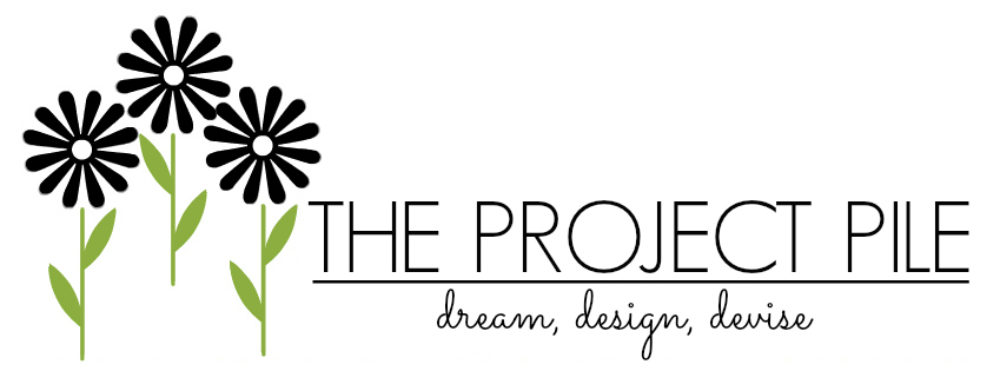Are your indoor plants looking a little on the shabby side? Use this guide to help revive and rejuvenate your indoor plants, to keep them looking healthy and last longer!
Indoor plants are a great way to help keep your home looking and smelling fresh. They help to purify the air by naturally eliminating toxins and odors.
Sometimes you may notice your plants are not looking quite as sharp as they once were when you first got them. The leaves may start to turn brown or yellow, and dry out.

Yellowing often indicates over-watering, while dried up brown leaves often indicates under-watering… It can sometimes be a little tricky to find that sweet spot that exists somewhere in the middle.
Not to worry though, your plants can be easily trimmed up so that they not only will look nice and healthy again, they will also be nice and healthy again!
Today I will be trimming my Peace Lily. I’ve had this plant for about three years now, and it could really use a good pruning. As you can see from the picture below, it has a lot of leaves with brown and dried out spots, and it’s even got some old long-gone flowers on it.

Such is life with two little girls! Their health comes first… Then the plant! 😉
So let’s get started!
A good general rule to go by is that any leaf that has turned brown or yellow more than 50%, should be completely removed.

To do this, you will want to remove the leaf down by the base of the stem, rather than just snipping it off at the top. Use a Knife to gently remove the leaf from as close as possible to the stem, without actually harming the stem.

After you have removed all of leaves that need to be removed, you can clean up the rest of the indoor plant by literally trimming up the leaves.

Take a sharp pair of Scissors, and just trim off any of the yellow or brown spots. While you are trimming, try to maintain the shape of the actual leaf as much as possible. This will help the plant look more natural, and like it hasn’t just been to the barber’s and received a really choppy hair cut!

That’s it! With a little bit of leaf-removing and simple trimming, your plant will be looking and feeling just as healthy as day one!
MORE GREAT POSTS TO READ!
How to Plant Succulents in Pretty Tea Cups!
Rustic DIY Potting Bench (Old Table & Shoe Rack)
DIY Upcycled Brick Planter Box
Farmhouse Style Garden Retreat Ideas
Poison Ivy – What You Need To Know!

*This post may contain affiliate links.


Nice write-up on watering the plants and illustration to differentiate under or over watering.